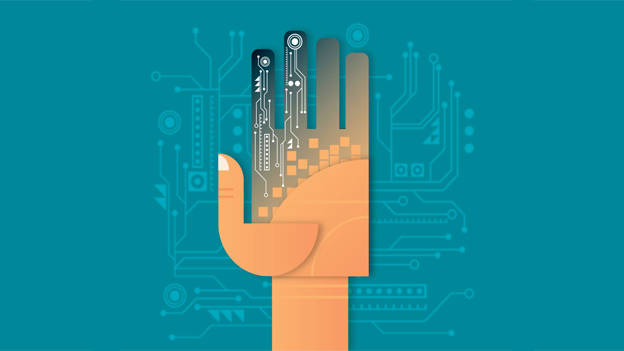Is HR future ready?

With the changing times, Human Resource functions need to adapt to upcoming trends in the industry, and understand expectations of the employees. Most importantly HR will play a strategic role in the way its shapes the future of the organization by harnessing its intellectual capital – its people!
What is needed to be realized is that we are working with a dynamic, young and energetic workforce. Most trends for this year point towards a mélange of managing expectations of millennial employees and intelligent use of technology. Increasingly, data analytics are going to be used while making insight driven decisions. HR analytics is proving to be an asset offering great insights on what is happening within the organization’s ecosystem. Though it is important to have smart and effective mechanisms around descriptive analytics, there is a need to start moving towards predictive analytics. This is where extensive data and feedback collected time to time from employees will come in handy. Such data can be used to gain intelligent insights that classifies employee into satisfied and dissatisfied groups and thus predicting the overall attrition rate et.al. While deploying HR analytics, we must be mindful that our questions and its correlated algorithms, procured data for generating answers are all accurate and foolproof.
Early burnouts and work life balances are gradually gaining momentum as important topics of discussions. As a result of which, more and more people have voiced the need to pursue other interests. They want to travel, participate in diverse passions, attend skill enhancing workshops etc. The more flexibility an organization offers to its employees, the more it ensures a better balance between work and life, which will also impact productivity and organizational citizenship. Thus, we have come to the threshold point, where it is imperative to adopt new technologies to meet next generation’s needs of workplace flexibility and mobility. Effective use of enterprise communication and collaboration applications will drastically lessen the burden of emails on employees and heavy dependence over face to face meeting. Technology enabling flexibility and mobility in workplace is sure to have positive repercussions on talent retention and crucial leave policies like the ones revolving around work from home, maternity or paternity schemes.
Organizations must realize the power of a strong employee branding mechanism. Currently marketing and sales teams are harnessing the full power of social media to reach out to potential customers. It’s time that HR redefines its strategy and makes prudent use of these platforms. It is not uncommon for a potential employee to frequent on review websites like Glassdoor and Quora. For these individuals, remarks from past and existing employees can create strong perceptions over what the organization has to say. These platforms have become more than just information sharing mediums. Being vocal and available on social media also projects an organization’s transparent and employee oriented culture.
The question that an organization must ask is if their learning and knowledge sharing programs are enough to empower an employee in the long term, and therefore retain them successfully. As HR, we have to think about various ways to encourage people to connect, collaborate, ideate, debate and learn from each other’s experiences. We should capitalize on e-learning modules with social features, as it encourages cross functional learning and collaboration.
Though almost all HR processes still call for human intervention, digitizing some could prove to be helpful to both the organization and employees. Future trends and technological innovations are encouraging to say the least, as they will standardize and simplify tedious HR processes like induction, payroll, and reimbursements, to name a few. Digitization clearly associates itself with the overall business goal of an organization, as it implies that HR is not an administrative function, but is accountable for delivering more strategic and revenue driven results.
Retention of top talent and talent crunch in a corporate is a reality. Hence, it is critical that organizations renew focus on culture and engagement. Organizations must be cognizant of their employees’ motivation and career aspirations and invest strategically in them to drive talent engagement.
Overall, 2016 will be a year of moving away from the traditional ways of managing workforce and we will see the rise of more flexible, fluid networked way of functioning, through use of social media and technology and above all innovative way of retaining talent.










